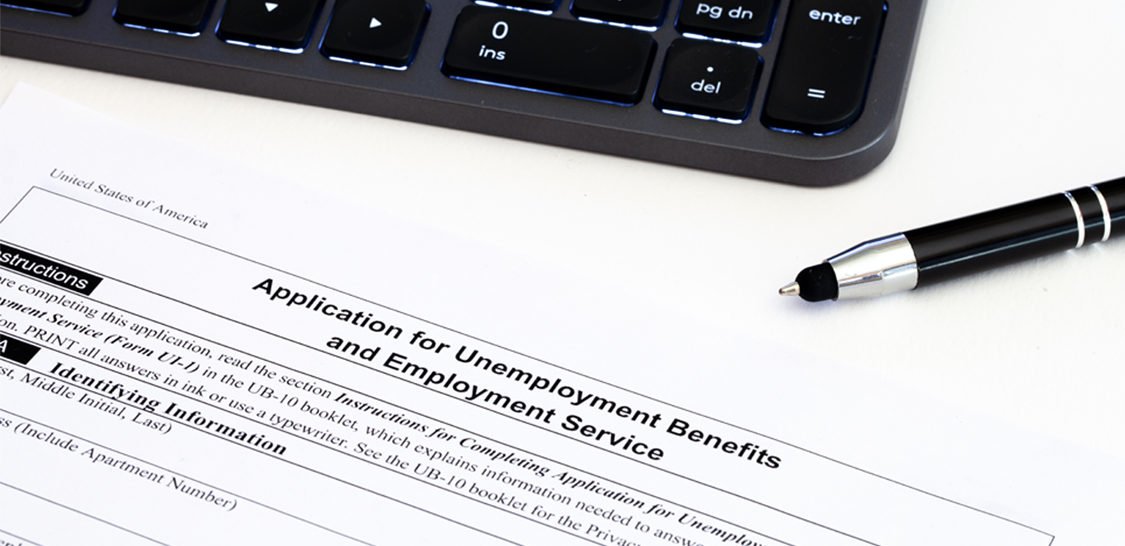Many nonprofits and public sector entities elect to use the reimbursable method for unemployment insurance, rather than making regular contributions into the system through payroll taxes. Now, under legislation signed into law by the president on August 3, 2020, these employers will see their reimbursement payment levels reduced by 50 percent. The Protecting Nonprofits from Catastrophic Cash Flow Strain Act of 2020 offers nonprofit employers a reprieve on full payment of unemployment reimbursement through December 31, 2020. The Continued Assistance Act enacted in late December 2020 extended this benefit from claims paid between January 2, 2021 and March 13, 2021.
How the CARES Act changed unemployment reimbursement
Among the many provisions in the Coronavirus Aid, Relief and Economic Security (CARES) Act is a commitment by the federal government to pay half of the unemployment costs incurred by nonprofits and state and local governments that select the reimbursement option. This federal reimbursement started March 13 and runs through December 31, 2020.
True to its name, however, this provision was a reimbursement, not a direct relief payment. As a result, nonprofit and public sector employers still had to pay 100 percent of the unemployment insurance payments up front. Then, the federal government would reimburse the state, which would refund a 50 percent share to the employer, creating a cash flow burden.
New law reduces upfront payment for nonprofit and public sector employers
The Protecting Nonprofits from Catastrophic Cash Flow Strain Act of 2020 expands this unemployment payment relief to nonprofit and public sector employers. Effective August 3, 2020, nonprofits and government entities are only required to pay 50 percent of reimbursing payment up front, equaling the amount of relief they await from the state. This legislative action was taken to address the ongoing economic challenges and cash flow issues facing nonprofits and state and local governments as a result of coronavirus, and it was extended for claims paid through March 13, 2021 in the Continued Assistance Act signed into law December 27, 2020.
Review unemployment benefit statements closely
Nonprofits and public sector employers that use the reimbursement method will receive monthly or quarterly statements of benefit charges from the state, listing individuals who received unemployment benefits and payment amounts. A separate billing statement is issued to list the charges incurred in the month or quarter, depending on the state’s cadence. Employers typically have 30 days from the statement mailing date to remit the payments to the state, or face interest and penalties. This enforcement mechanism was temporarily relaxed through the end of the calendar year as part of the CARES Act, in recognition of the financial hardships many organizations face.
Employers should apply additional scrutiny to these statements, due to a recent uptick in fraudulent unemployment claims received by states. Nonprofits and public sector entities should challenge any improper payments or individuals who were never employees.
Several states have implemented their own relief measures related to unemployment reimbursement, such as a payment holiday or extended due dates.
RKL has a deep bench of nonprofit and public sector advisors well-versed in the operational and management issues facing these sectors. Contact your RKL professional or reach out using the form below.




